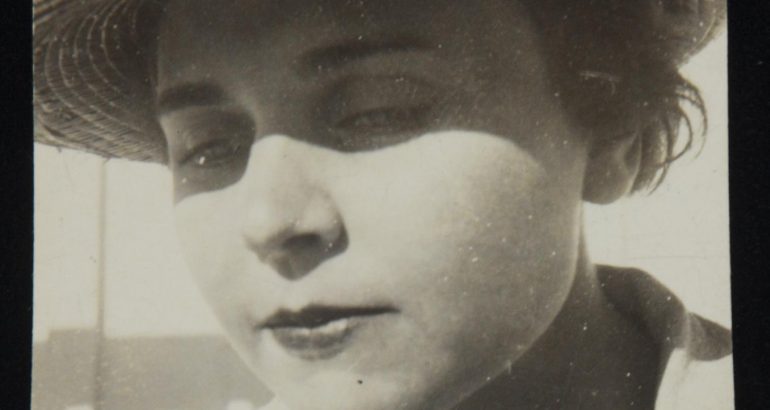
ENGLISH READING CIRCLE ON POETRY AND PROSE POETRY – POEM OF THE MONTH ANALYSIS: “FILLING STATION” BY ELIZABETH BISHOP
Stopping off at Elizabeth Bishop’s “Filling Station” (1965), to reflect on the beauty of everyday life. Published in 1965, the poem contains a number of unfamiliar or uncommon words, which make it seem to belong to an even earlier time: taboret (i.e., small table or stool), monkey suit (i.e., uniform), hirsute (i.e., hairy). Saucy (i.e., rude, disrespectful) seems, to me, an odd way to describe young men; I don’t think we would use this word in the same way today. Even filling station seems old-fashioned, compared to its more modern equivalent gas station.
Such language makes us pause. Clearly, this is no ordinary filling station, if the speaker is using such elaborate and elevated words to describe the place. Although at first the only thing she seems to notice is how dirty, oil- and grease-stained the station and its inhabitants are, her observations move beyond the grimy surface details as she shifts her focus from merely observing what she sees to wondering why it is there.
Looking beyond the dirty uniforms and furniture, she sees the liveliness of the young men, the relaxed laziness of the family dog. Noticing the finer details of the odds and ends left out on the cement porch, she sees the intimacy of family life in the colored comic books and the embroidered doily; we can almost imagine the different members of the family reading and crocheting in amicable silence in the evenings. What appears at first to be a careless mess, is, in fact, a careful setting that has been arranged, like the ESSO cans, just so. As dirtiness fades, tidiness prevails, and harmony and love have the last word.
This filling station, then, is more than just a place to fill up the tank and stretch our legs. It’s a place to ponder the quiet rituals – reading, decorating, tending to pets and plants – that give our lives meaning. Each one of us has brightened up our home with careful decorations, left books or magazines on sofas or tables, encouraged plants or flowers to thrive and bloom. Each one of us has, in essence, arranged the things that surround us in such a way as to please our sight or other senses.
Is this a universal human tendency – the desire to make order from chaos, the ability to see beauty where we least expect it? I’m eager to hear your thoughts on Monday. Until then, look a little more closely at the things that surround you, look beyond their surface imperfections. Who knows what you’ll see.
Happy Reading,
Chiara



